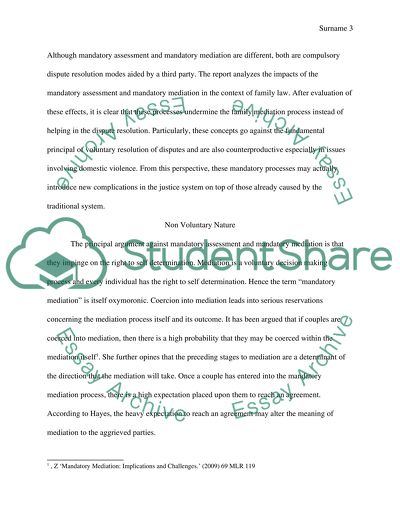Cite this document
(“Mandatory Assessment is not the Same as Mandatory Mediation, but Both Essay”, n.d.)
Retrieved from https://studentshare.org/law/1448136-ychmandatory-assessment-is-not-the-same-as
Retrieved from https://studentshare.org/law/1448136-ychmandatory-assessment-is-not-the-same-as
(Mandatory Assessment Is Not the Same As Mandatory Mediation, But Both Essay)
https://studentshare.org/law/1448136-ychmandatory-assessment-is-not-the-same-as.
https://studentshare.org/law/1448136-ychmandatory-assessment-is-not-the-same-as.
“Mandatory Assessment Is Not the Same As Mandatory Mediation, But Both Essay”, n.d. https://studentshare.org/law/1448136-ychmandatory-assessment-is-not-the-same-as.


